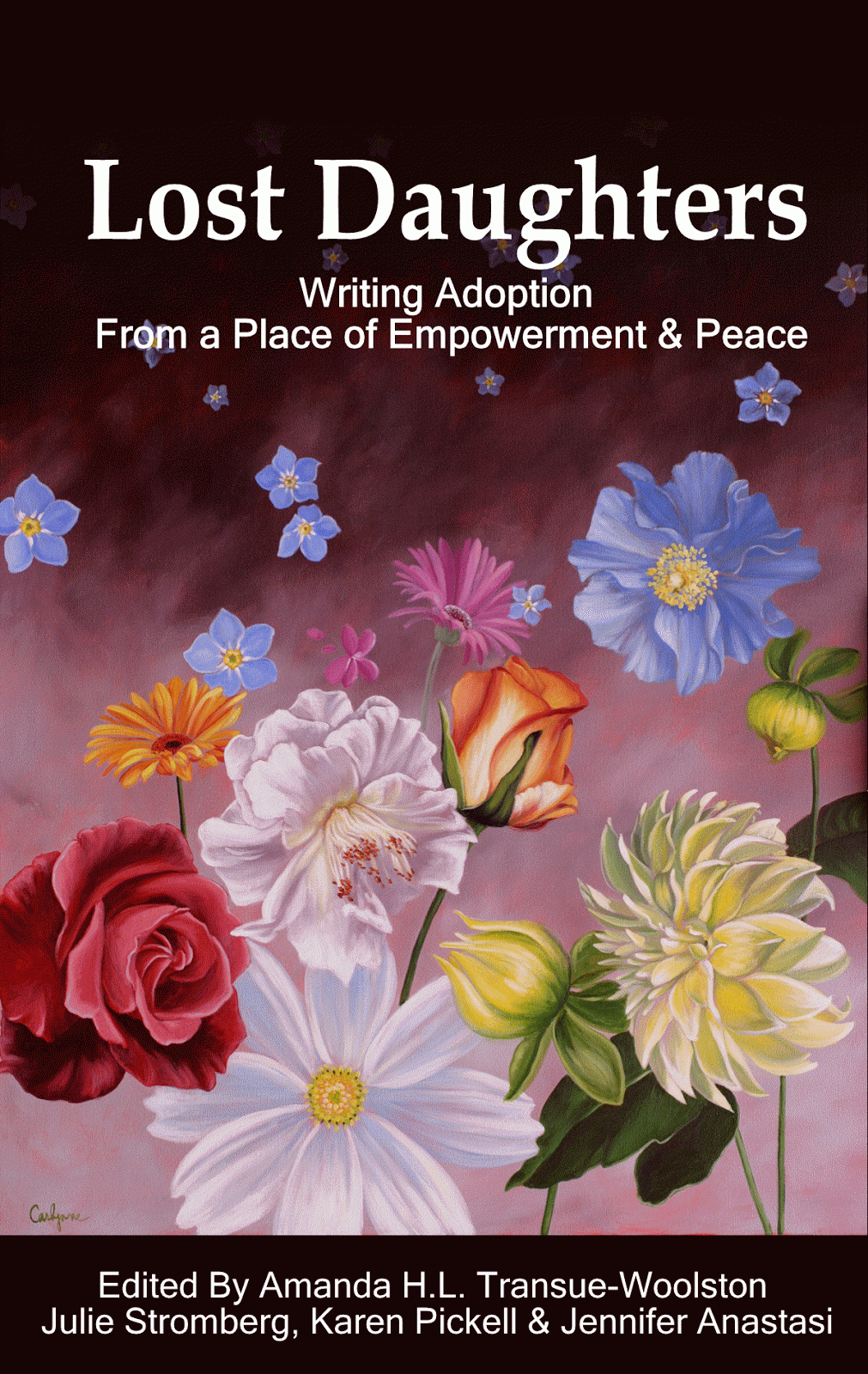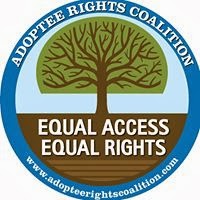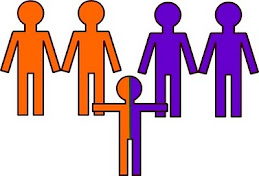Today I opened Carrie Fisher’s book “Wishful Drinking” my friend loaned me for some summer reading. I have always loved her acting, comedic sense of humor, and her writing. “Postcards from the Edge” is one of my all-time favorite movies. Movies and books….ok and soap operas, so two out of three ain’t bad, have always been a healthy escape for me since I was young. Growing up feeling like I was out of place and obviously not wanted the way I was (meaning genetically incorrect) in my adoptive family, I lived vicariously through the characters in novels and film.
Although many children feel out of place in their own biological families, there are extreme situations like being adopted that can leave the most loved and cared for child feeling like an alien. Upon reading the first chapter of “Wishful Drinking” it was like hearing the exact words and feelings many adoptees like myself, have a hard time getting others to comprehend (understatement). Most of us don’t want to continue to be misunderstood, judged, and labeled. And, most of us want to know we are not alone in what we do feel.
When I opened the book and read the first line: “So, I am 52 years old” and (I will turn 52 next month) I knew this book was meant for me. I was not wrong in thinking that whatsoever. The next few paragraphs of the first chapter stuck home and I have to share them with you. And even though Ms. Fisher is discussing being a child of Hollywood and being Bi-polar which isn’t being adopted, the similarity of the situations sound uncannily familiar.
“I could tell from watching how normal people lived—normal people as depicted by Hollywood and burned into our consciousness—I understood that my life was unusual. Like many others, I grew up watching television shows like “My Three Sons” and “The Partridge Family” and “The Real McCoys. And based on the lives depicted on those shows, I knew my life was a different sort of real. It was the only reality I knew, but compared to other folks—both on television and off—it eventually struck me as a little surreal, too. And, eventually, too, I understood that my version of reality had a tendency to set me apart from others. And, when you’re young you want to fit in.”
Wow, that’s absolutely how I felt growing up. Life was surreal. I looked around and didn’t see children growing up without their biological parents and families. I didn’t understand why I had to pretend being adopted was a normal life style choice.
“Like real life is this other thing, and we’re always trying to determine what’s going on in this distant, inaccessible, incomprehensible place.”
Exactly! Where are my biological parents? Do I have siblings out there? Are they dead or alive? Where do I belong in the grand scheme of life without roots and knowledge of my heredity? And, why am I being kept in the dark about all of it?
“As a consequence, I find that I don’t have what could be considered a conventional sense of reality. So, as I said, my reality has been formed by Hollywood’s version of reality. As a child, I thought “Father knows best” was real and that my life was fake. When I think about it now, I may not have been far from wrong.”
In meeting up with the adoption community online and offline I’ve established that I too, was not far from wrong in knowing that being taken from my family of origin and planted into a different family with no recourse for information isn't normal. At least for those of us who feel out of place, unaccepted for who we are, and continually told “being adopted doesn’t matter”.
“I find that I frequently feel better about myself when I discover that we’re not alone, but that there are, in fact, a number of other people who ail as we do—that there are actually a number of “accomplished” individuals who find it necessary to seek treatment for some otherwise insurmountable inner unpleasantness.”
And there you have it. Summed up and laid out in print what many adoptees struggle with on a constant basis. No matter if the homes we were adopted into are good ones, adoptees are tired of playing “pretend” with their lives under terms created and dictated to us by others. We realize now as adults, we are told that by those that have no idea or clue about what we feel, or should feel. And, we are finally able to step out of our comfort zones, well really uncomfortable zones, to let the world know.
So, thank you Carrie Fisher for writing "Wishful Drinking" and laying your life out there for the world to see. It helps so many of us who are battling personal demons in life, and feeling alone and isolated. Hopefully, in the sharing of this experience with truth and honesty, it will help many others to find the courage to speak out. "Wishful Thinking" for this adoptee is that we can to enable more adoptees to find their voices and help make the drastic changes to law and policy that have been needed in adoption for far too long.




